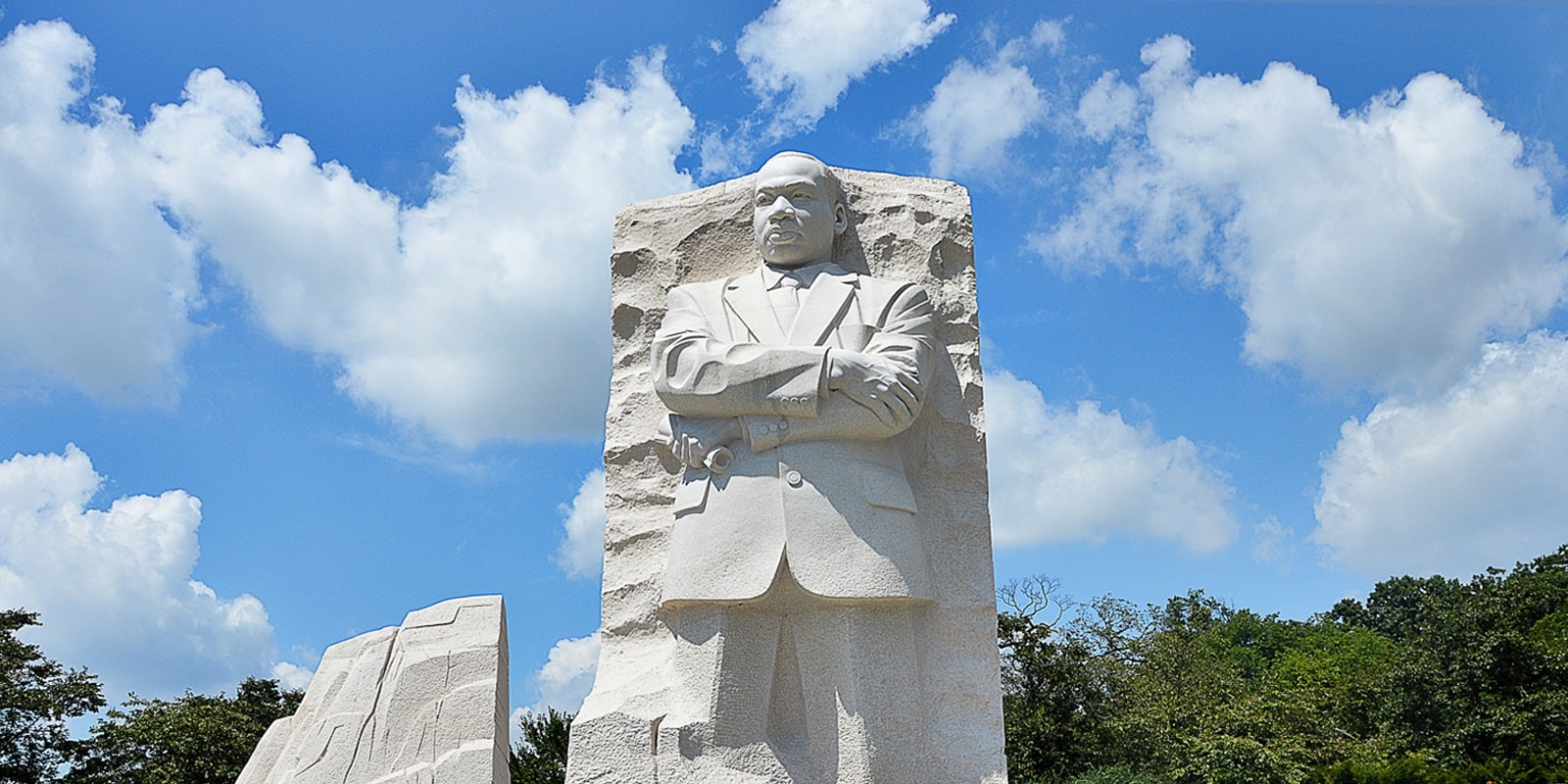


In the ancient world, the city gates were more than an entrance. They were the heart of public life. Elders gathered to render judgment. Merchants set up shop to trade goods. Fathers brought their sons to learn the ways of wisdom. The gates were a place of strength, protection, and responsibility. To be absent from the gates was to abdicate one’s duty; to be present there was to shoulder the weight of leadership for family and community.
That imagery speaks volumes to us today. Our contemporary “gates” may not be hewn from stone, but they are just as real. The gates are wherever decisions are made, conflicts resolved, and futures secured: the workplace, the neighborhood, the school board, the church, even the digital spaces where culture is contested. Men are called to be there. Not as spectators, not as consumers, but as representatives of Christ. To stand at the gates is to stand where life is ordered and contested, bearing the banner of Jesus for the sake of one’s family, church, and community.
This mandate was clear from the very beginning. Genesis 2 gives us the pattern. God placed Adam in the garden “to work it and keep it.” The Hebrew words carry the sense of cultivating and guarding. Adam was to bring order and protection to what God had entrusted to him. He was to labor faithfully, to preserve what was good, and to resist whatever threatened God’s design. That is masculinity as God intended it: strength directed toward service, authority exercised as stewardship.
Sadly, however, men too often abdicate their God-given responsibilities. Genesis 3 pulls back the veil on this abdication and its consequences. When the serpent slithered into the garden with malicious intent, Adam stood by in silence. He relinquished the central role he had been given. Instead of guarding, he gave ground. Instead of speaking, he remained mute. Adam was “absent at the gate,” and the world has borne the curse of that failure ever since.
Biblical masculinity is... the glad acceptance of responsibility before God. It is standing at the gates to protect, cultivate, and lead, and it is done not for selfish gain, but for the good of others.
Robert Pacienza Share on 𝕏
This pattern repeats in every generation. Men are tempted either to abdicate their calling like Adam, retreating into passivity and comfort, or to corrupt their strength into harshness and domination. Both are distortions. Biblical masculinity is neither soft resignation nor macho posturing. It is the glad acceptance of responsibility before God. It is standing at the gates to protect, cultivate, and lead, and it is done not for selfish gain, but for the good of others.
The New Testament presses this truth home with clarity. Consider Paul’s admonition to the Corinthians: “Be watchful, stand firm in the faith, act like men, be strong. Let all that you do be done in love” (1 Cor. 16:13-14). In one breath, Paul captures the essence of Christian manhood. Watchfulness and firmness speak of vigilance and conviction. Strength speaks of courage and resolve. Yet all of this must be governed by love. Without love, strength becomes domination. Without strength, love collapses into mawkishness and passivity. Indeed, biblical masculinity requires both together—steel in the spine and tenderness in the heart. That balance is seen most fully in Christ himself, the Lion who is also the Lamb, the King who conquers by laying down his life.
This vision stands in sharp contrast to the world’s counterfeits. Many of our nation’s progressives sneer that masculinity itself is toxic, that male strength is inherently dangerous. Others peddle a Christless, shallow caricature of manhood that equates it with brashness, indulgence, and control. It is crucial for us to realize that both miss the mark. God’s design calls men to be strong, but strong in service. To be protectors, but protectors marked by humility. To lead, but to lead under the lordship of Christ. It is not only acceptable to affirm this, it is necessary. It is good to be a man when manhood is defined by the Word of God rather than the world.
What does this look like in practice? At the gates of the public square, it means refusing to be silent when truth is maligned. A Christian businessman who resists dishonest practices, a politician who votes his conscience in the fear of God, or a teacher who refuses to indoctrinate students with lies—all of these are men at the gates. At the gates of the family, it means bearing the cost of leadership. A husband who makes hard vocational decisions to guard the health of his marriage, or a father who takes responsibility for his children’s discipleship rather than outsourcing it, stands at the gates. At the gates of the church, it means discipling younger men, serving without fanfare, modeling repentance as well as faithfulness. At the gates of the community, it means being known as reliable, trustworthy, and courageous—someone who neighbors know will stand for what is right even when it is costly.
This kind of masculinity requires both strength and humility. It requires not only courage to face threats from outside but repentance to deal with sin within. It calls men to reject both escapism and arrogance. Escapism hides in digital worlds, endless entertainment, or careerism, while real responsibilities languish. Arrogance twists leadership into self-assertion and leaves families and churches wounded. Neither belongs at the gates. What belongs there are men who know they are not kings but stewards, not saviors but servants of the true King.
The church must recover its confidence to call men to this vision. We do not help men by denying their calling or by baptizing secular caricatures. We help them by pointing them back to the God who made them, the Christ who redeems them, and the Spirit who equips them. Men must not be told to apologize for being men, nor should they be encouraged to turn their manhood into braggadocio. They must be exhorted to be men as God designed them to be: courageous, humble, watchful, strong, and loving.
Without love, strength becomes domination. Without strength, love collapses into mawkishness and passivity. Indeed, biblical masculinity requires both together...
Robert Pacienza Share on 𝕏
The world needs such men at the gates. Families need them. Churches need them. Communities need them. And when men step into this calling, the world gets a glimpse of the One who stood at the ultimate gate—not the gate of a city, but the gate of death itself. Christ entered that gate on our behalf, bore the curse of Adam’s failure, and rose victorious. Now he calls his people, and especially his men, to stand at the gates of this world with his banner raised high.
Adam was silent; Christ was faithful. The question now is: Will we be absent at the gates? Will we appear there bearing only a caricature of manhood? Or will we take our place at the gates under the lordship of Jesus?









No spam, stay up to date on new articles, resources and events!
Get notified about new articles from the Institute.